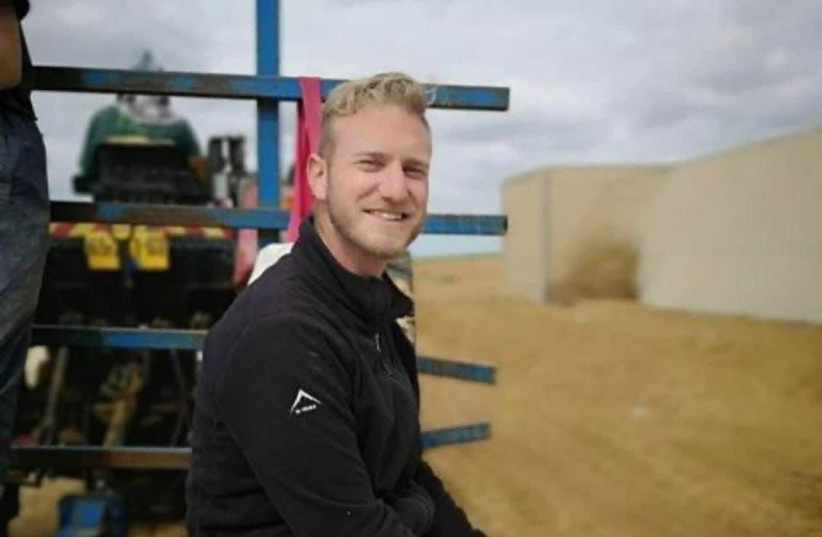The High Court of Justice on Tuesday heard arguments over whether the IDF can demolish the house of South African-Israeli Eliyahu Kay’s murderer and the killer’s family. Kay was shot and killed by Hamas terrorist Fadi Abu Shkhaydam, a 42-year-old resident of Shuafat camp in east Jerusalem, on November 21 in Jerusalem’s Old City.
Shkhaydam also wounded four others before he was shot and killed by female police officers who rushed to the scene.
Kay was employed as a guide for the Western Wall Heritage Foundation and was well known throughout the Anglophone community in Israel.
Prime Minister Naftali Bennett, Defense Minister Benny Gantz, Public Security Minister Omer Bar Lev, and others all commented on the attack, which took over the headlines at the time. Subsequently, the IDF and the state sought to demolish the residence where Shkhaydam had lived and his family still lives, but the family’s legal team petitioned the High Court to block the demolition.
Israel is criticized globally for house demolitions of terrorists’ homes, but domestically there is often criticism that the demolitions do not happen fast enough, and that they can be a powerful tool to deter future terrorists from carrying out attacks.
Kay family lawyer Ofer Lifshitz told the High Court that the family’s claim and the purpose of its being present were not for revenge, but for saving future victims from terrorism. He said if there was any chance that demolishing the house of Shkhaydam would deter a potential future terrorist from acting (to avoid his family losing their house, even if he might not care about his own life), the family wanted to encourage the court about the demolition.
One reason for going against demolition, in this case, is that the family lives on the fourth floor of a five-floor residence. In the past, the court had sometimes blocked a full demolition so as not to harm the neighbors in such cases but approved sealing off the specific house or floor of the family of a given terrorist.
On one hand, the state did not present special evidence showing that the family knew about the terrorist act beforehand, or that it passively assisted – something that could make a demolition almost a certainty.
On the other hand, the terrorist’s family did not seem to elicit any special sympathy or circumstances that would help it before the court, whose record in recent years is to approve the vast majority of demolitions, with some occasional exceptions.
Also on Tuesday, it emerged that on Friday of last week, Justice Noam Sohlberg had issued an interim procedural ruling regarding the case. In his ruling, Sohlberg declined to issue a formal order freezing any IDF demolition order for the residence in question, but also said publicly that, for all intents and purposes, once a petition was filed to the High Court, the IDF could not really act until the judiciary had ruled.
Sohlberg’s ruling brought a wide variety of reactions on both the Right and the Left. The Left criticized Sohlberg for failing to follow the until-now standard practice of issuing an interim freeze order on demolitions pending a final ruling. Some on the Right criticized him for not simply allowing the demolition to go forward immediately and dropping the need for hearing the petitioners’ arguments. Others on the Right supported Sohlberg, happy that he had symbolically refrained from issuing a formal freeze order, even if the demolition is temporarily frozen in practical terms.
It was unclear when the court would rule, but such cases often take a period of weeks to months before they conclude.
Jerusalem Post Staff contributed to this report.

